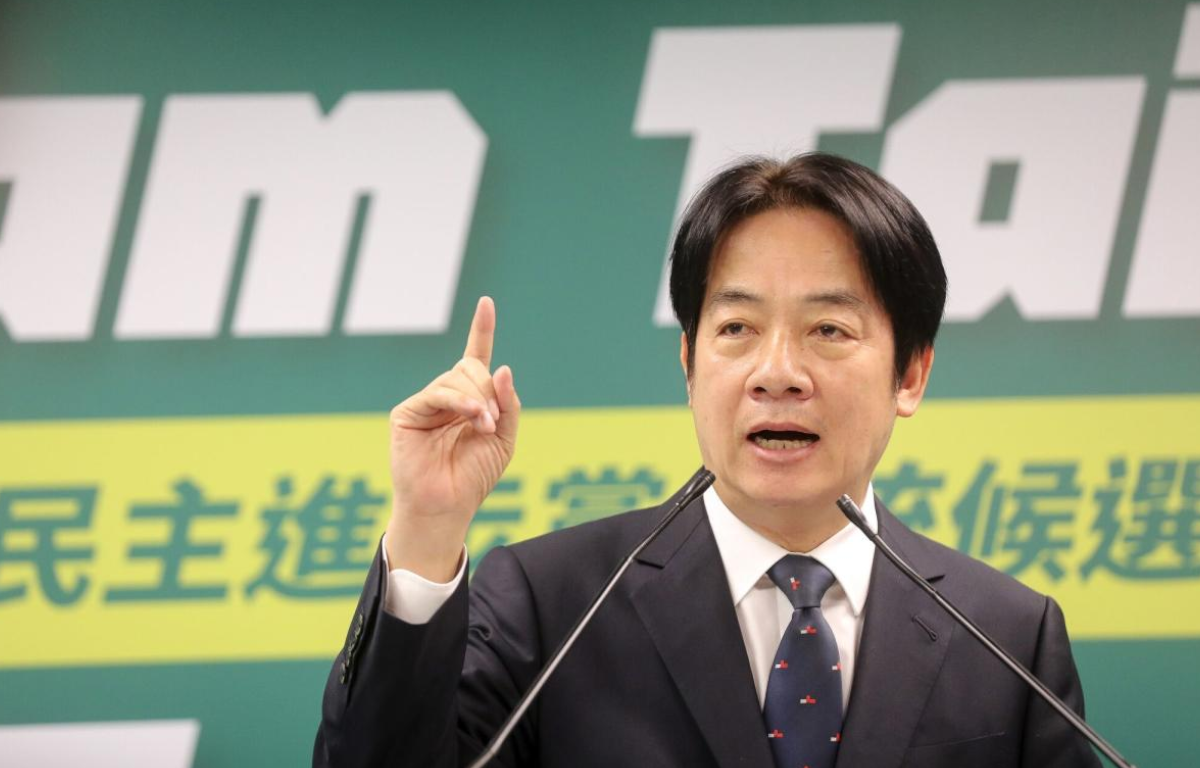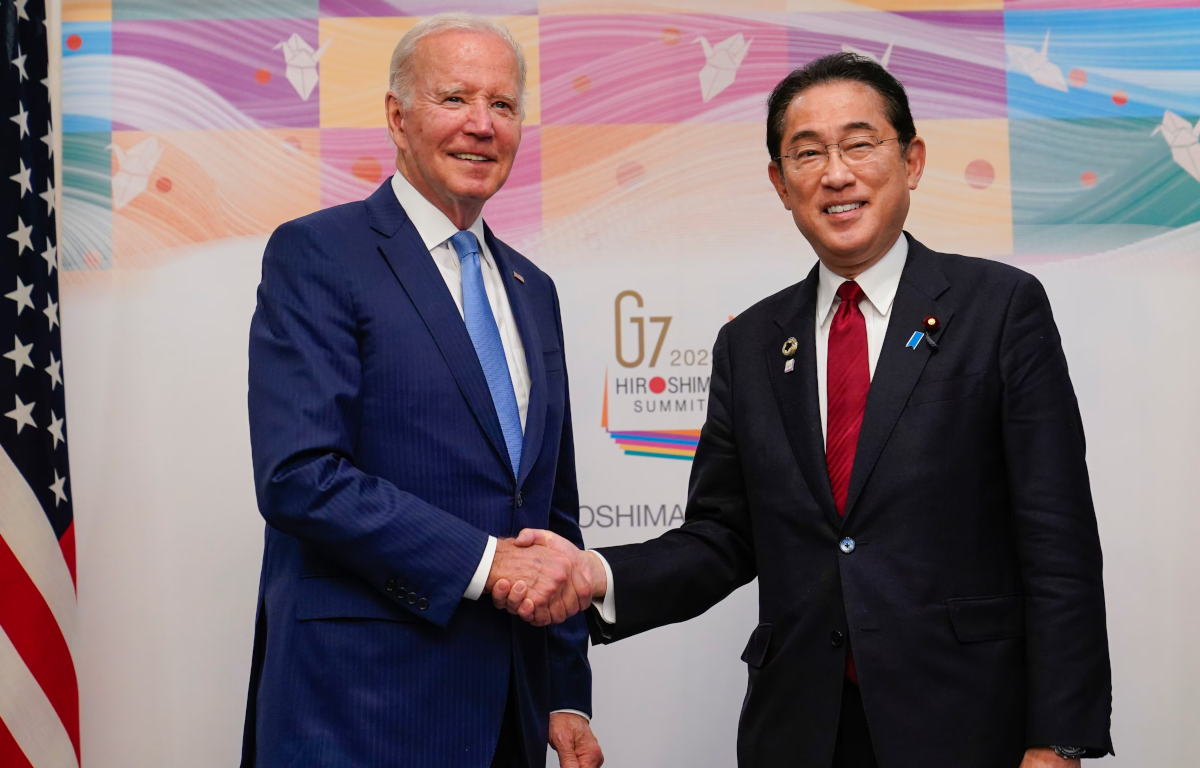
China, the world’s largest consumer of lithium, has been actively investing in electric mobility and renewable energy technologies. As the demand for lithium soared due to its use in lithium-ion batteries for EVs, smartphones, and energy storage systems, China’s quest to lead the global EV market necessitated securing lithium resources. Though China has substantial domestic reserves, the demand has outpaced domestic production, leading to investments in overseas lithium mining projects. Among these, Afghanistan’s untapped lithium reserves have garnered significant attention from Chinese firms.
Following the withdrawal of U.S. troops, the Taliban quickly gained control over parts of Afghanistan, including regions rich in valuable minerals, such as lithium. The estimated $1 trillion worth of mineral wealth, including lithium deposits, has now come under the control of the insurgent group. This presents a challenge for China, as it seeks a stable supply of lithium to maintain its position in the EV and renewable energy sectors. However, engaging with a Taliban-controlled territory poses diplomatic complexities and potential reputational risks.
China faces geopolitical complexities in dealing with the Taliban-controlled Afghanistan. Recognizing the Taliban government could legitimize a group with a history of human rights abuses and raise concerns about harboring extremist elements. For China, a nation that emphasizes non-interference in other countries’ internal affairs, this creates a delicate situation. Moreover, China’s investments in Afghanistan, especially in the Belt and Road Initiative, are at risk due to the ongoing instability. Disruptions in Afghanistan could affect crucial connectivity and trade routes, impacting China’s broader global ambitions.
China is taking a cautious approach, refraining from formally recognizing the Taliban government while monitoring the situation closely. Diplomatic channels have been opened, and preliminary talks are underway, but no concrete decisions have been made. China seeks a stable supply of lithium but also understands the importance of upholding international norms and maintaining its global reputation. Striking a delicate balance between economic interests and global responsibilities will be a crucial challenge for China in the coming months.
As the Taliban gains control over Afghanistan, the vast lithium reserves in the region have become a valuable asset with implications extending beyond the country’s borders. For China, heavily reliant on lithium for its green energy revolution, securing a stable supply while navigating geopolitical complexities remains a pressing concern. The unfolding situation in Afghanistan will not only impact China’s lithium quest but will also have broader ramifications for global geopolitics and the future of renewable energy initiatives.










Share this: